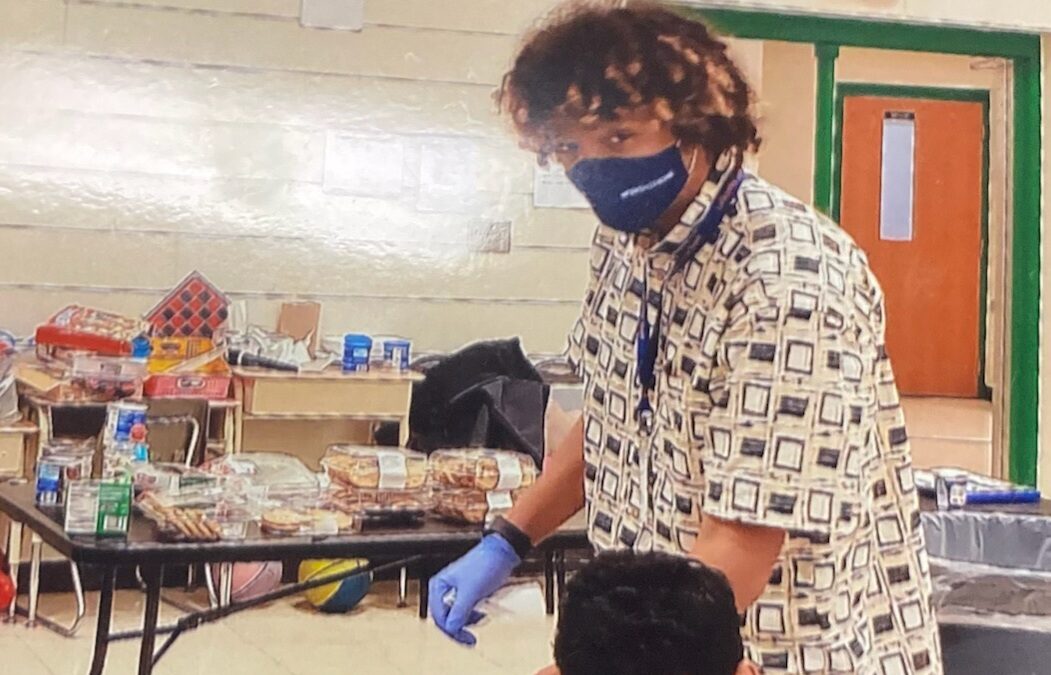Michigan has returned to a tired playbook of criminalizing youth in schools — but we know there are better ways forward. And YOU can help!
What is going on?
We are seeing increasingly more punitive approaches from schools. When we look at expulsion data from last year, we have returned to pre-reform levels, expelling an average of 7 students every school day. We are hearing more and more about calls and referrals to law enforcement as well.
All of this is unfolding in the context of Tyre Nichols’ death in Memphis and the violent arrest of a Black Tennessee high school student who refused to play kickball in gym.
For awhile, we were hearing more districts make meaningful efforts to dismantle the school to prison pipeline by reducing expulsions and removing school resource officers. There was a growing recognition that SROs actually don’t prevent school shootings and their presence can actually escalate situations and cause harm to Black and Brown youth.
But in Michigan, we have returned to a tired playbook. The state announced that 195 school districts, intermediate school districts, and public school academies will receive nearly $25 million to support the hiring of 195 school resource officers (SROs) for the next three years.
What are alternatives?
Michigan schools should implement non-punitive solutions, such as employing Community Intervention Workers. These are community members who have been trained as peacebuilders. They work within schools and serve as a replacement for traditional security officers or police. Rather than relying on punitive measures, such as arrests or suspensions, intervention workers are focused on engaging with students on an interpersonal level as a preventative measure.
In practice, interventionists are supportive adults trained to handle conflict resolution and other challenges that may arise. Intervention workers can also work with students to identify and address underlying issues that may contribute to disruptive behavior, such as trauma, mental health challenges, or social and economic factors. These underlying issues are often the root of incidents that require school resource officers.
To gain further insight into the role of intervention workers, I spoke with Brad Gonzalez, an MSW intern here at SAC who has experience working as an interventionist at Lafayette Elementary in Lincoln Park, Michigan.
“At Lafayette, my primary duty was to provide support to students who were struggling with a wide variety of issues. These issues ranged from relatively minor conflicts, such as students being angry with their friends or experiencing difficulty with social dynamics, to more significant challenges, such as students dealing with extreme poverty. The ability to address problems before they are manifested into negative behavior is essential to creating an equitable learning environment.”
According to Gonzalez, the role of intervention workers is fundamentally different from that of school resource officers. As he explained:
“There was never the institutional power being wielded against the student. I would just listen and provide advice if I thought it necessary. Kids don’t need more adults enforcing rules or making arrests, they need to feel understood. That is why it is essential that this position is fulfilled by people from the community. The more connected the interventionist is with the culture around them, the more effective they are in their role.”
Brad’s perspective exemplifies the importance of creating a positive and supportive environment for students, rather than criminalizing their behavior.
As I spoke to him and the families that we serve here at SAC, I was reminded that Michigan can and must do better.
We can all make a difference in the lives of our children by advocating for non-punitive solutions in Michigan schools.
We encourage you to contact the Governor’s Office at Gretchen.Whitmer@michigan.gov and express your support for non-punitive solutions in schools. We need funding for community interventionist workers, social workers and counselors — not giant grants for law enforcement.
Additionally, reach out to your local school board and voice your concerns about how they can invest in Community Intervention Workers. Together, we can create a safer school environment while simultaneously ensuring it is an equitable learning space for our children.
RESOURCES
Stay in touch by signing up to be an SAC Education Activist.
Dignity In Schools Community Not Cops
